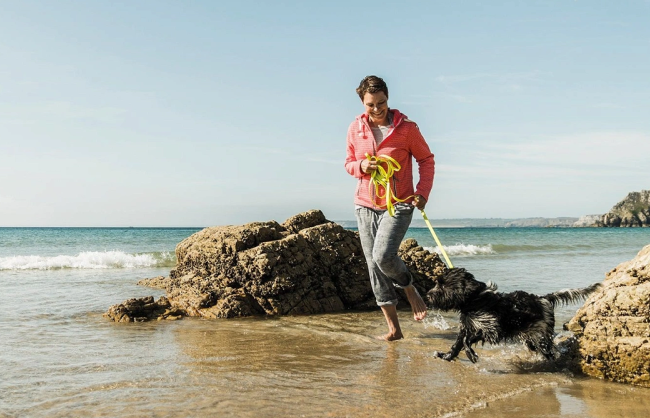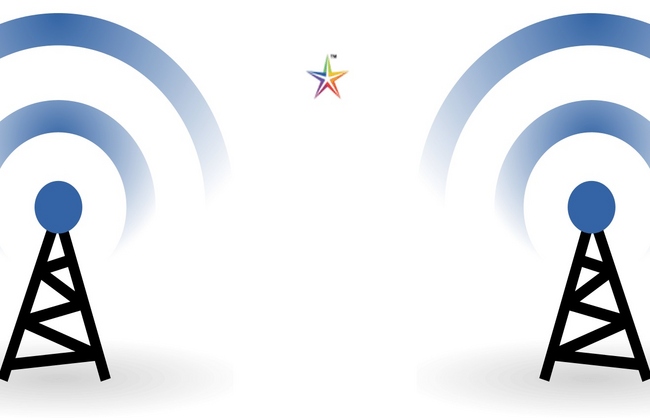Moving Healthcare Forward: Meet Silicon Valley’s New Medical Office
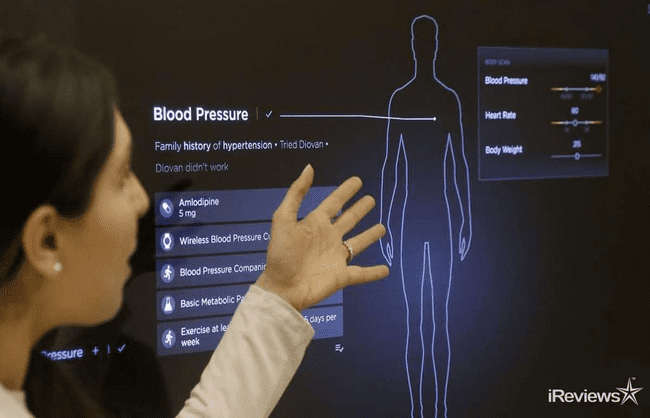
Disruption is permeating all industries, and the healthcare field is no exception. A man recently underwent 3D printed skull implant surgery. Scientists are working on making food from thin air and electricity. Nima’s portable sensor lets you analyze food on the go. Forward, a new company backed by many Silicon Valley veterans, is rethinking the way we do medical check-ins. People are describing their solution as a combination of the Apple Store and “Westworld.” Come with us on a tour of the possible future of medicine.
The Future Will See You Now
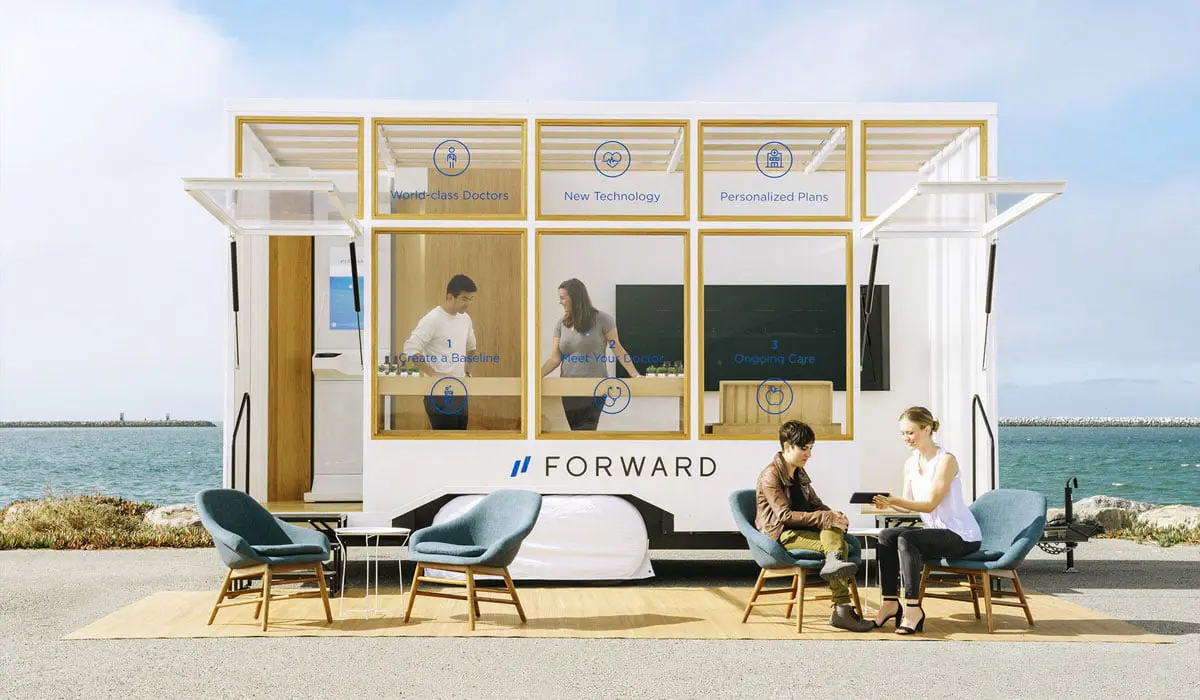
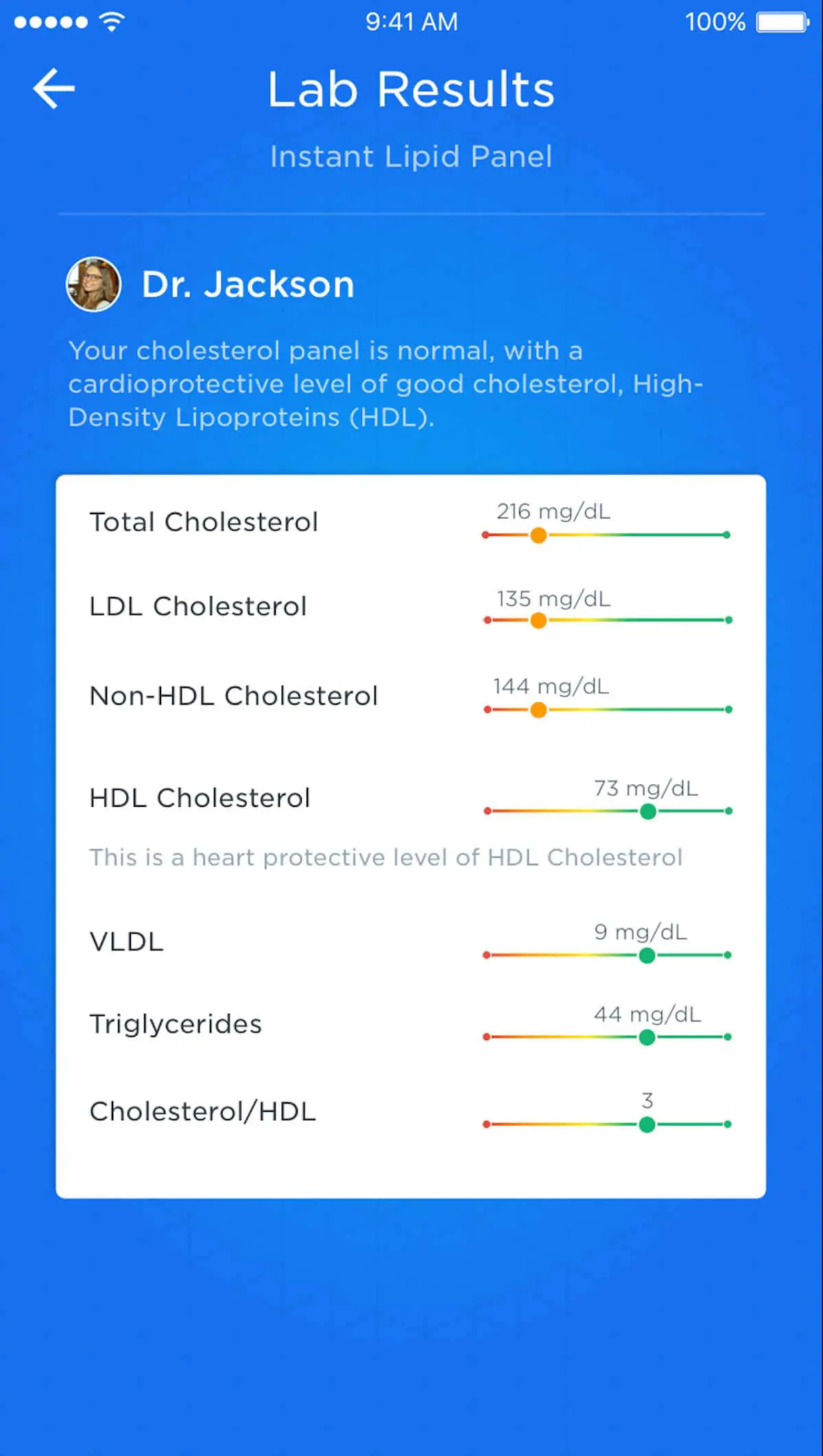
Before becoming founder and CEO of Forward, Adrian Aoun was founder of Sidewalk Labs, Alphabet’s urban-design division. Erik Frey, another co-founder, led several AI projects at Google. The team also includes Rob Sebastian, product strategy lead at Google. Forward was founded by Aoun when his relative was rushed to the hospital in an ambulance. The whole process was too complicated even after months of intense googling.
“Doctors are kind of awesome. They’re incredibly smart. They’re crazy well-educated. They mean well. But the problem is, they’re totally set up for failure.”
– Aoun
“It’s kind of not their fault as much as, I would actually argue, it’s my fault,” Aoun says. “[If I’m] representing the engineering community, we totally dropped the ball.” And he wanted to make the healthcare industry more predictable, consistent, and convenient. He compiled a team of some of the smartest people he knows. One recruit was Ilya Abyzov, an early Uber employee who helped in launching UberX.
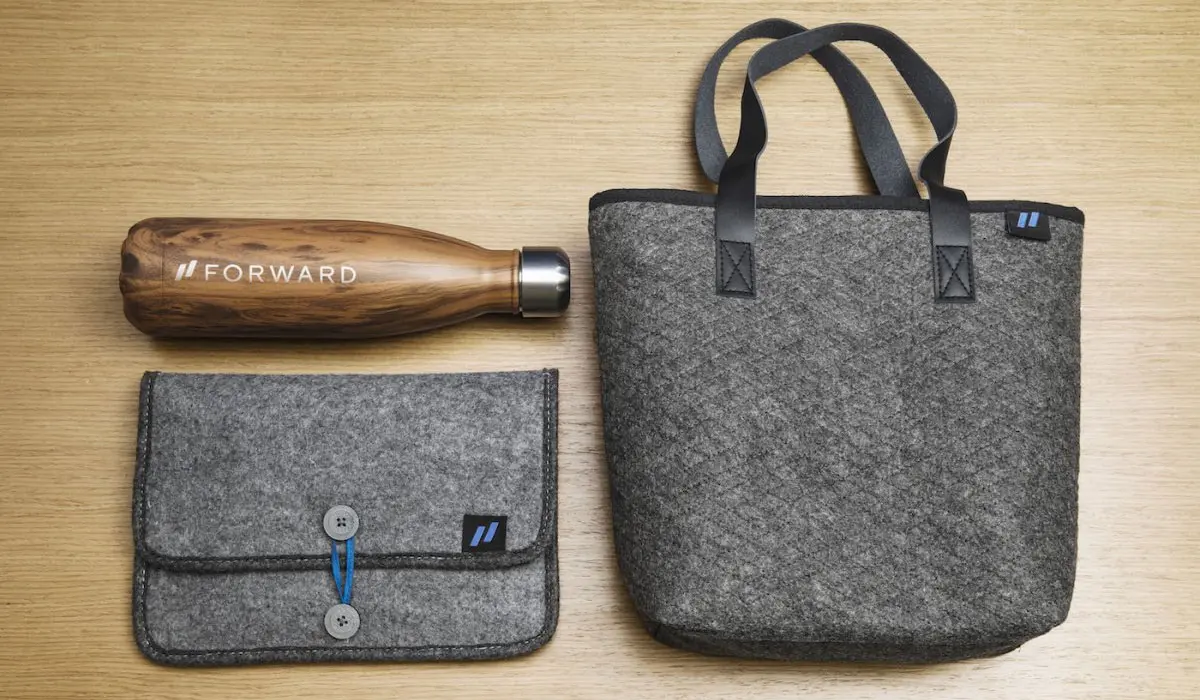
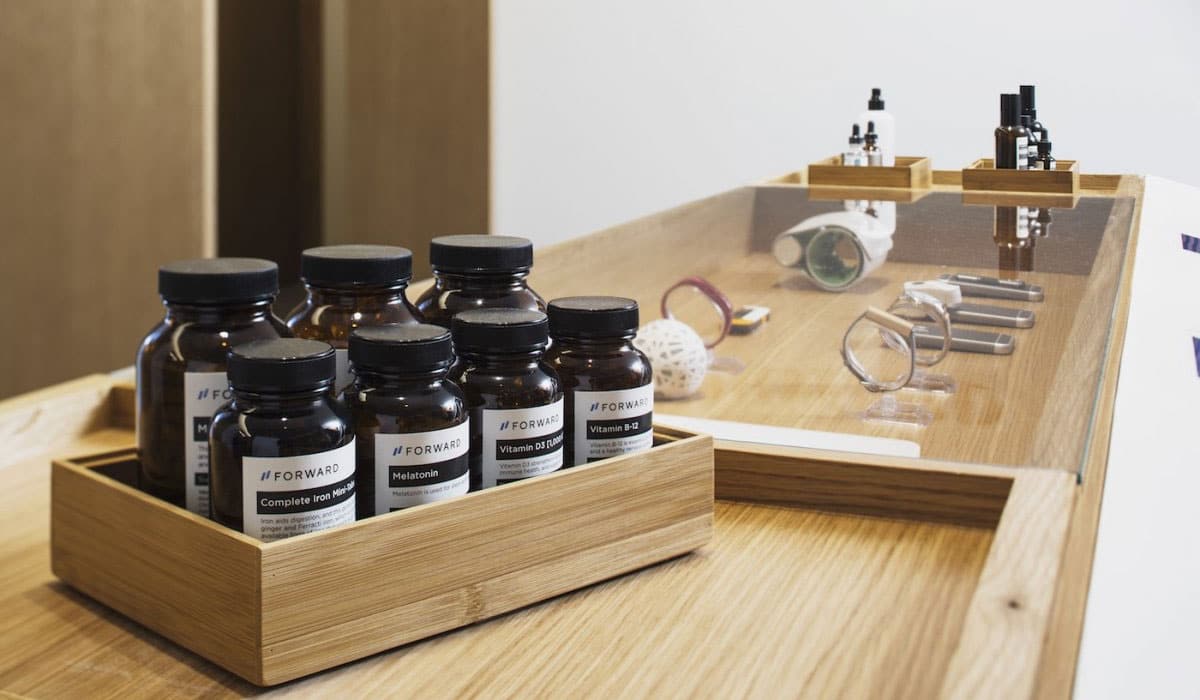
The startup raised $100 million in funds recently from Khosla Ventures, Peter Thiel’s Founders Fund, Eric Schmidt, and Marc Benioff. It employs 80 people, including six doctors. It’s using its funds to expand its concierge medical practice model nationwide. The San Francisco-based flagship location is sleek and futuristic-looking. It’s equipped with state-of-the-art diagnostics tools and an AI system that listens to patients and takes notes for doctors.
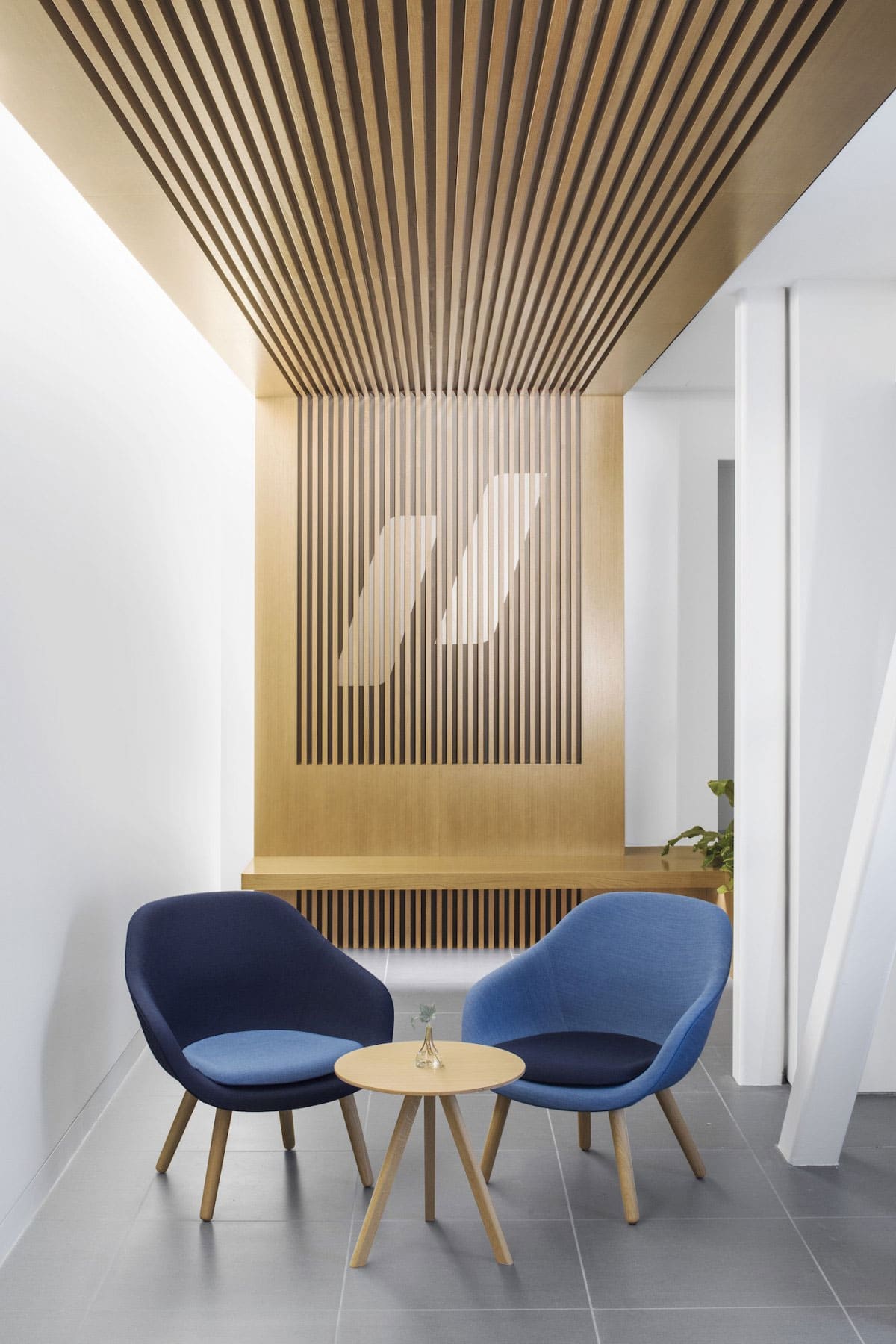
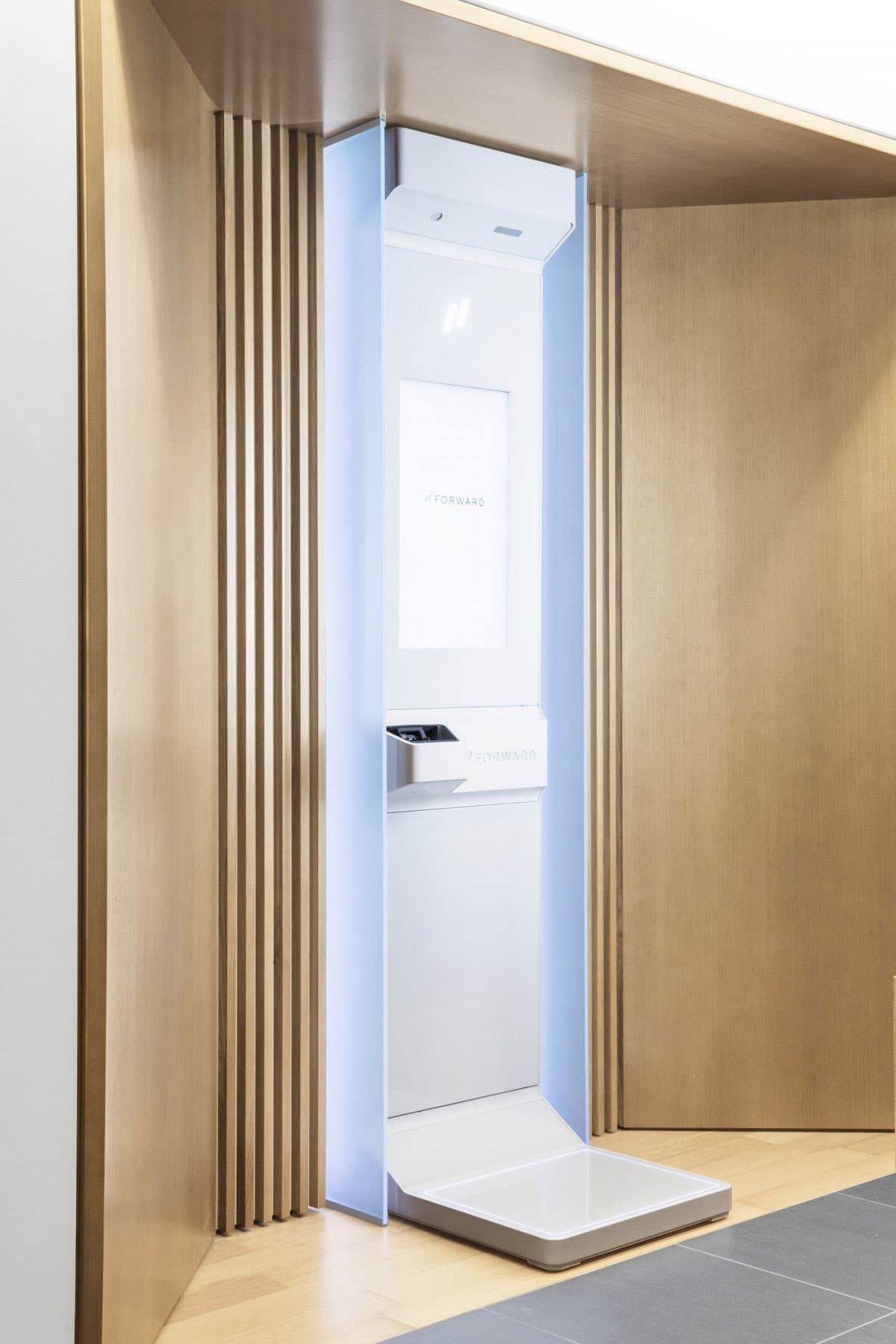
The company wants to bring their service to every state by putting it in a portable location. To drum up anticipation, Forward built a pop-up office: an 11-foot-tall, 18-foot-long, 9-foot-wide mobile trailer.
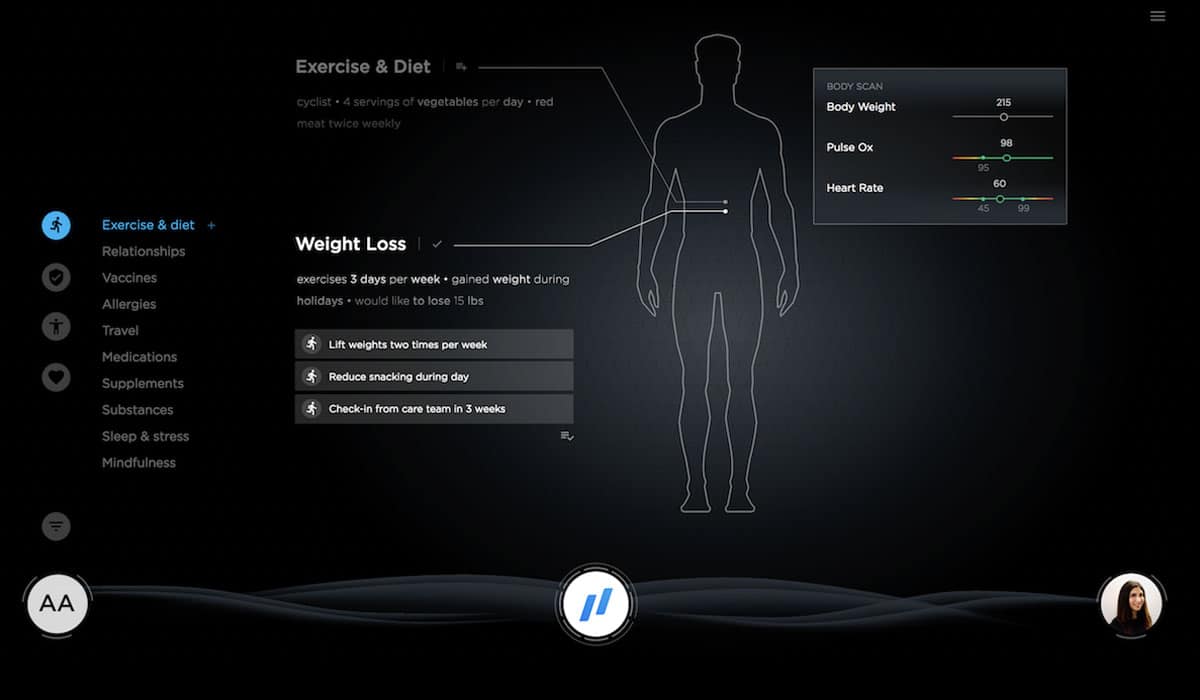
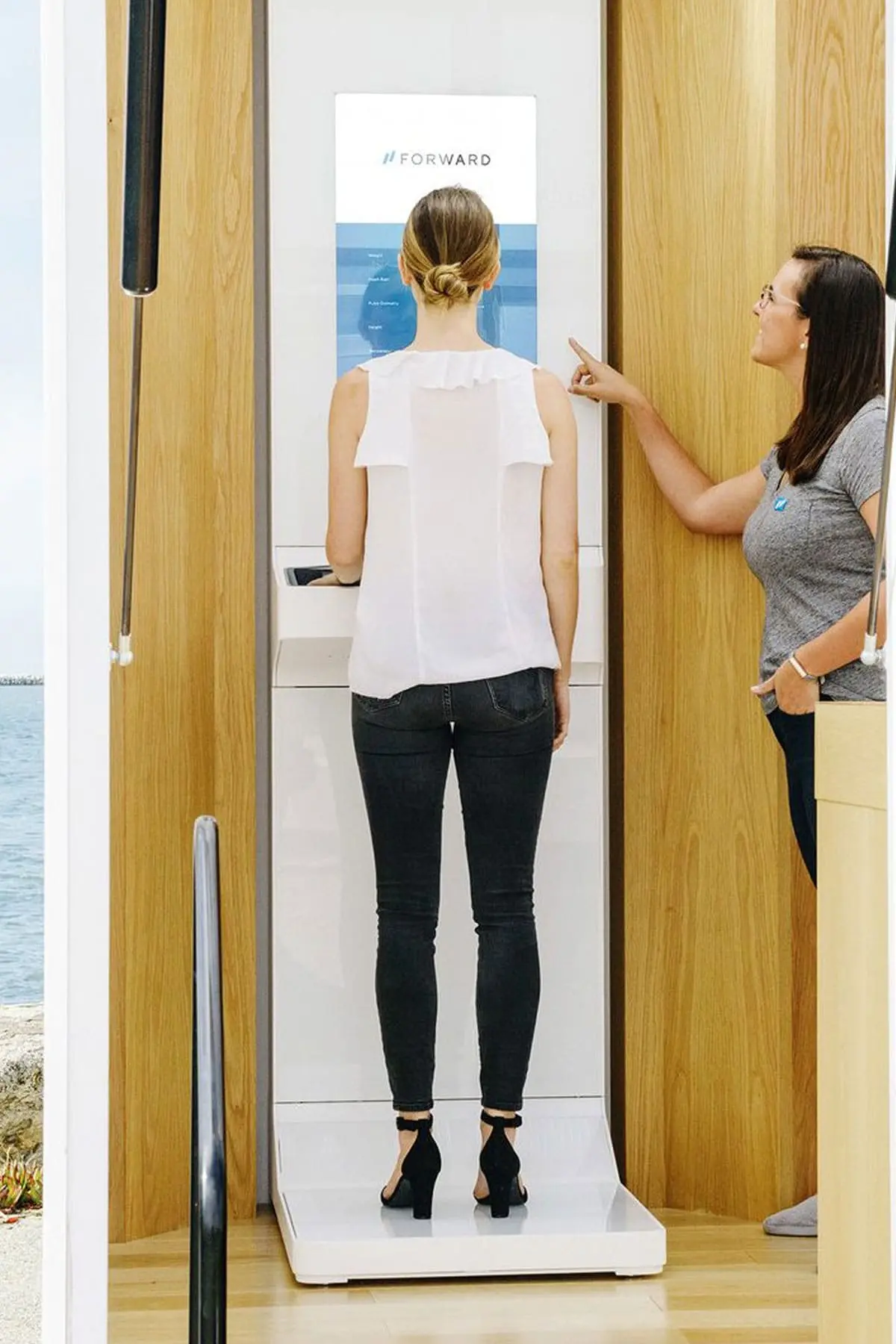
A Walk-through of a Walk-in (Tech Specs of office)
Forward opened their flagship clinic in January. It’s outfitted with iPads to check in patients, biometric body scanners, blood and genetic tests, and giant interactive screens displaying your vital signs.
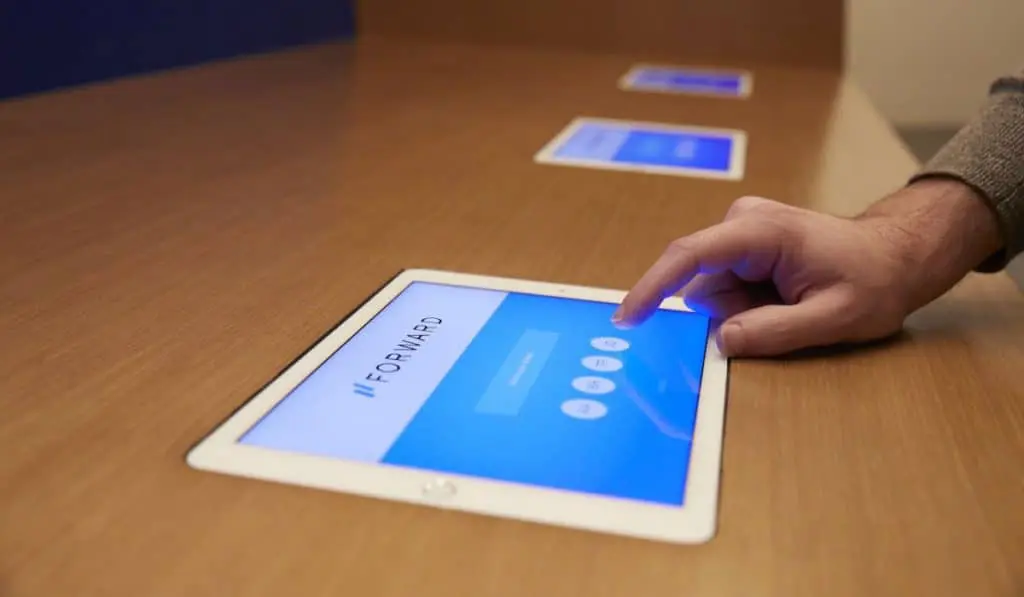
After signing in, patients go to the body scanner, a diagnostics tool built by Forward. It lights up with their biometric data, including height, weight, and body temperature. Sensors measure heart rate and blood oxygen levels.
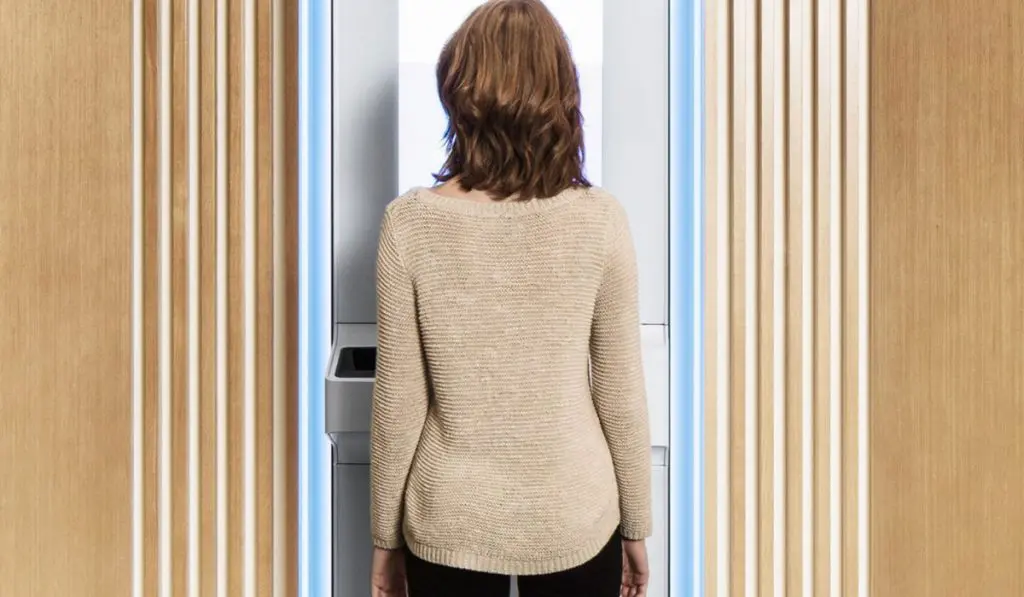
The data is sent to Forward’s backend in 45 seconds. You can view your results on your phone, through an app. Meanwhile, the doctor will review your information before your exam. In the exam room, there’s a massive touch-screen display on the wall. An AI listens to your conversation with the doctor and notes down important things for your doctor to keep in your medical file, which appears on the screen in real-time.
If there’s any background on your biometric data, the screen will display your history and sensor data. It will also suggest diagnoses and treatment plans based on what information it knows about the person.
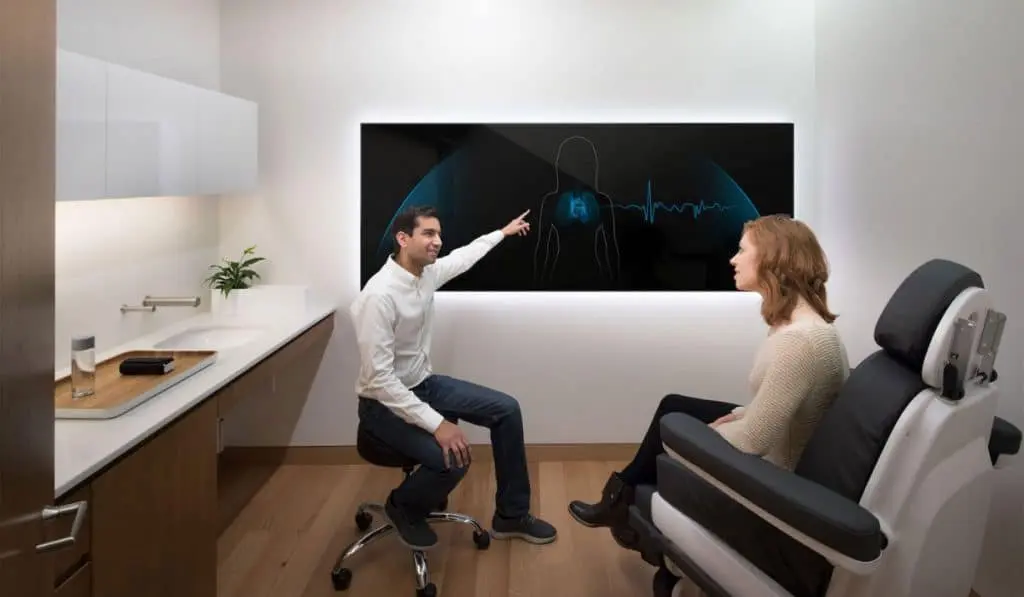
And at Forward, put your urine sample in a hole in the wall that closes up and delivers it straight to a nurse. Your data saves to the app at the end of your appointment. And you can follow up with the doctor if needed. Forward offers an unprecedented promise that patients receive a response within a minute of sending a message, no matter what time of day or night.
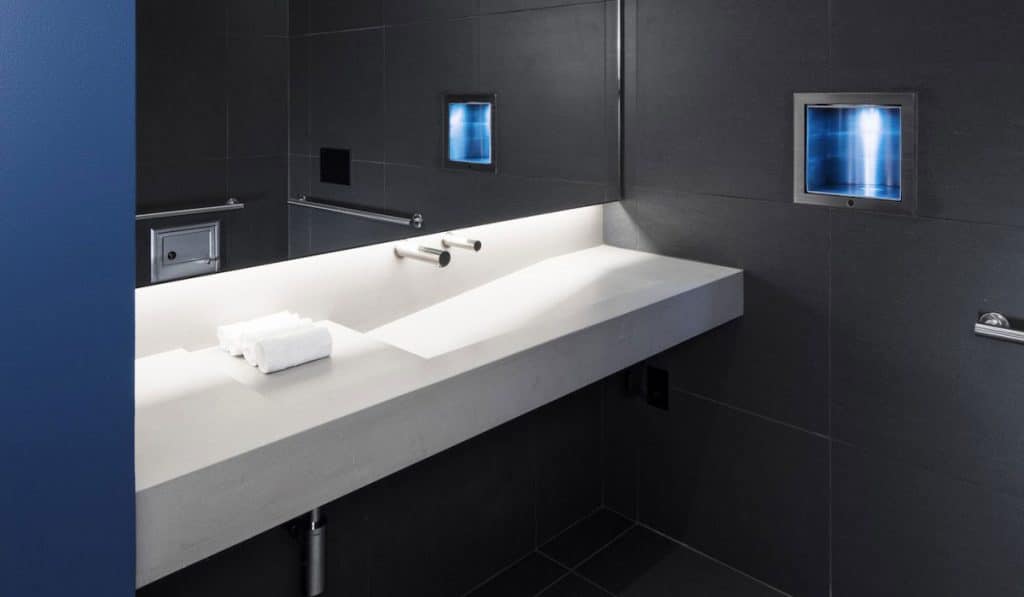
Rolling Through a Town Near You
We don’t know how many patients Forward enrolled so far, but the startup says they’re encouraged by the response and plan to open up offices in other cities. The trailer is on display in San Francisco until mid-September before it visits other towns. The company plans to release those cities on Twitter. “We want to tell the story to more people and help catalyze the conversation around ‘What is health care now? What could health care be?’” says Abyzov.
The mobile trailer offers a chance to visit some staff members and to try out the body scanner and interactive exam room screen. Blood and genetic tests won’t be available. You can sign up for a discounted price of $99/month until the price goes up to $149/month. It’s not covered by insurance, but the cost gets you body-monitoring wearables and constant access to doctors via email and text.
Aoun says, “What we’re really focused on is how can we make the experience so great that you’re willing to engage your healthcare and you’re willing to engage it early and constantly?”

